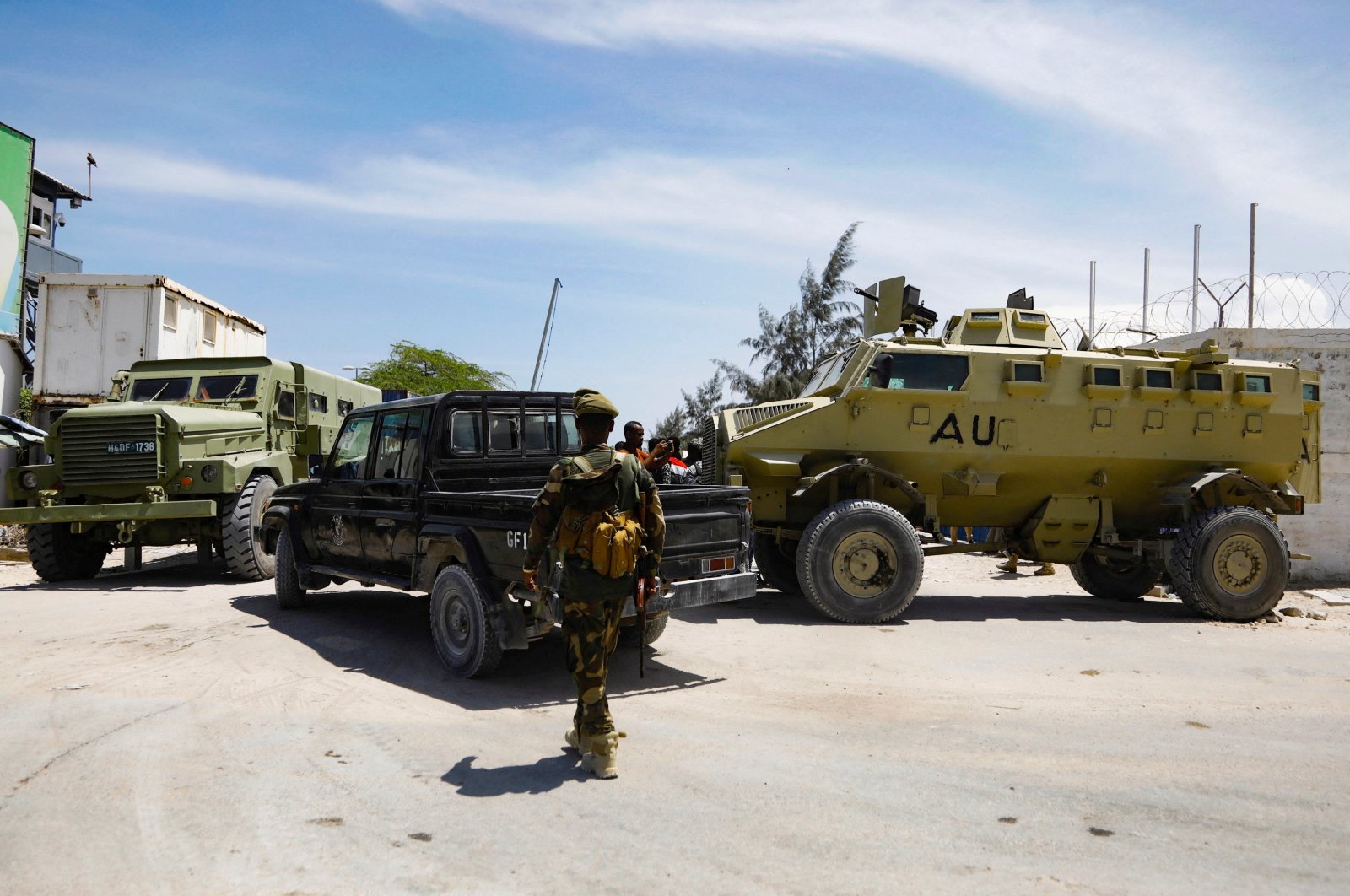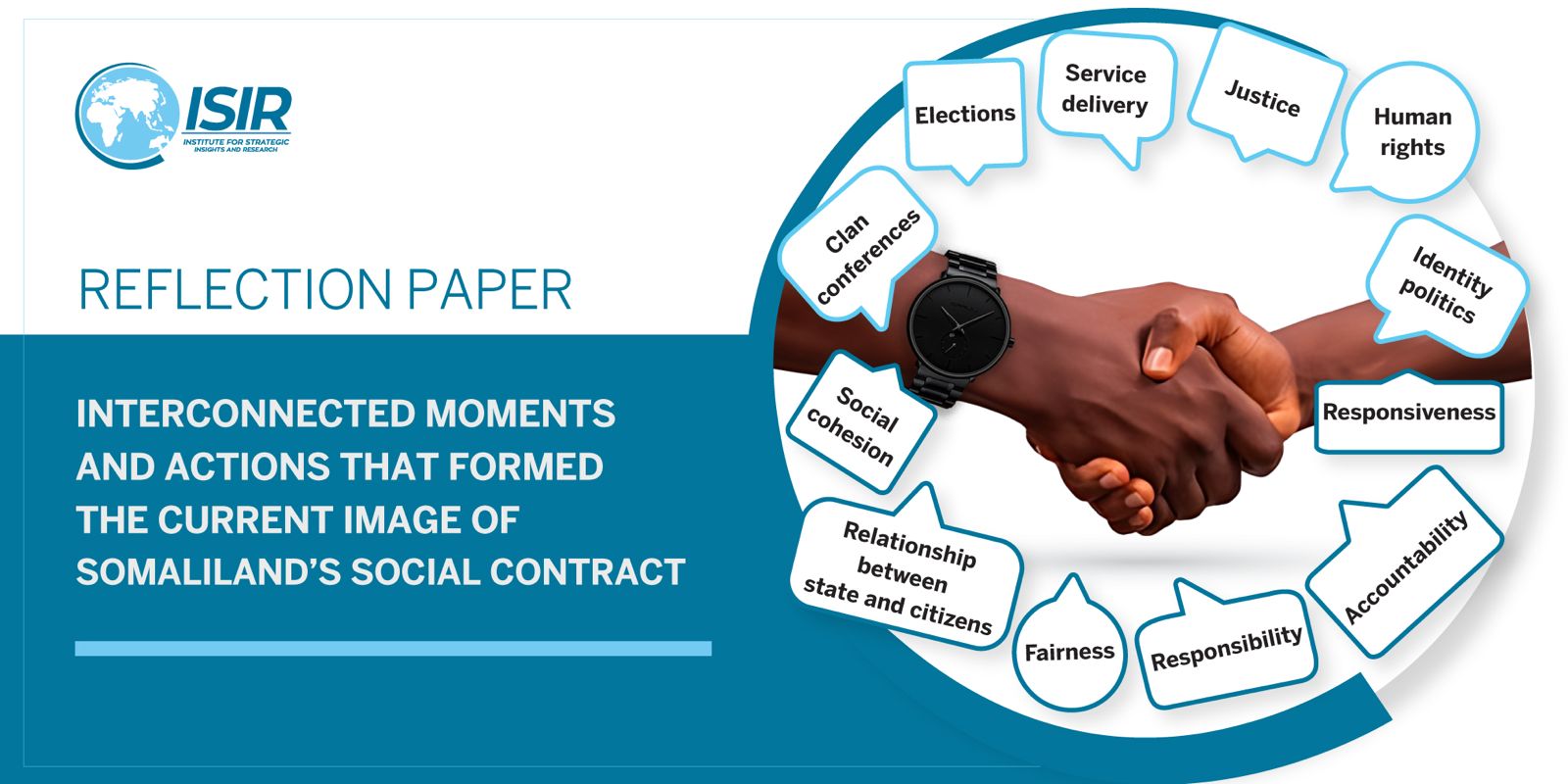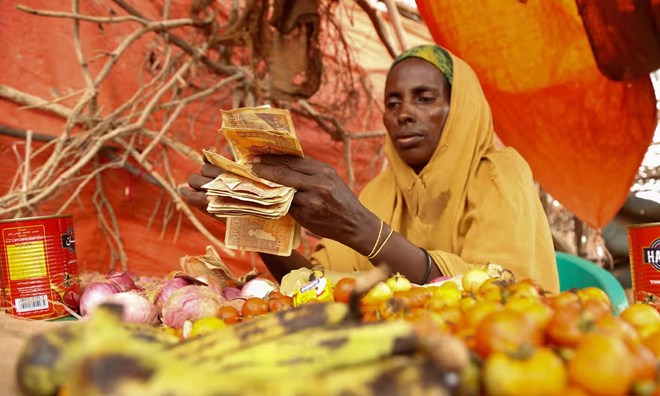AIROBI — A new report says Kenya’s military has done a brisk business in sugar and charcoal in Kismayo, Somalia, since pushing al-Shabab from the southern port city in 2012, but the trade has become a key financial lifeline for the terrorist group it is there to fight.
Published by the nonpartisan watchdog organization Journalists for Justice, the report accuses top Kenya Defense Forces (KDF) officials within the African Union Mission in Somalia (AMISOM) of being involved in an illicit export operation worth between $200 and $400 million per year. AMISOM is the multinational peace enforcement mission battling al-Shabab.
The smuggling racket also includes key figures in Kenya’s ministries of Defense and Immigration and “enjoys the protection and tacit cooperation of leaders at the highest echelons of the Executive and the National Assembly,” the report states. The proceeds are effectively split three ways among the KDF, the Somali regional government known as the Interim Juba Administration, and al-Shabab — all of which tax the charcoal and sugar trades at different points.
“This is not a question of a few corrupt border guards and junior policemen,” the report concludes. “This is a racket involving large sums of money that stretches to the highest levels within Kenya.”
The report estimates the KDF’s tax take at $50 million per year. A spokesman for the Kenyan contingent within AMISOM did not respond to an emailed request for comment on Wednesday.
This is not the first time the KDF has faced allegations of war profiteering in neighboring Somalia. The U.N. Monitoring Group for Somalia and Eritrea has repeatedly called out the Kenyan military for violating a charcoal export ban put in place by the U.N. Security Council. In 2013, the watchdog group estimated the size of the illicit charcoal market at between $360-384 million, “with profits divided along the charcoal trade supply chain, including for al-Shabab.”
A year later, the U.N. Monitoring Group noted that “al-Shabab continues to benefit from the revenue generated, on a scale greater than when it controlled Kismayo.”
“In this sense, [the new report] tracks with what the U.N. Monitoring Group has been saying for years now,” David Shinn, a former U.S. ambassador to Ethiopia and Burkina Faso, told Foreign Policy. “They have come up with some very sharp criticisms of Kenyan authorities, particularly in the military in Kismayo, for being in the charcoal trade in a way that benefits al-Shabab.”
But Thursday’s report breaks new ground by exposing the extent of the KDF’s involvement in the sugar trade and by illuminating the murky supply chain that runs from al-Shabab territory, through the Kenyan controlled port of Kismayo, past corrupt border guards and into Kenya, greasing palms at every step along the way.
It also documents a number of troubling human rights abuses allegedly committed by the KDF. After auditing 11 different Kenyan airstrikes, the report concludes that “contrary to government claims of al-Shabab targets destroyed, dozens of victims recounted the targeting of civilian villages, water-points and livestock.”
Kenya invaded southern Somalia in October 2011 to create a buffer zone on its northeastern frontier. The KDF dislodged al-Shabab from Kismayo a year later, but the pace of its offensive operations since has slowed. According to Thursday’s report, the KDF has settled into “garrison mode,” with its soldiers “sitting in bases while senior commanders are engaged in corrupt business practices with the Jubaland administration and al-Shabaab.”
“The most disturbing thing is the implication that the Kenyan security services is essentially in business with al-Shabab,” said John Githongo, a former senior anti-corruption official in the Kenyan government who is now a prominent activist. “Kenya, which is facing the nastiest political threat we’ve ever faced, is in business with them. It is shocking that corruption has taken us that low.”
The report details how Kenyan misadventures in southern Somalia have strained relations with key counterterrorism partners, including Washington. It claims that U.S., U.N., and EU officials are all “very frustrated” with Kenyan authorities, but have been reluctant to force the issue for fear of jeopardizing security cooperation on other fronts. The U.S. needs Kenyan permission to access its base in Kismayo, where FP previously reported that U.S. Special Forces are operating drones, and to maintain another so-called “lily pad” base in Kenya’s Manda Bay.
Shinn said that if the allegations in the Journalists for Justice report are “independently confirmed by the U.S. government, then it could result in a frank discussion with the Kenyans about what the hell is going on here.” Beyond that, however, the former U.S. ambassador thought allegations were unlikely to have a big impact on the U.S.-Kenya security relationship, and were even less likely to disrupt the flow of security assistance.
“There’s a certain willingness to allow more malpractice on the part of our allies if they are willing to take the fight to al-Shabab, which is seen as the bigger threat,” he said.
The Kenyan public, which has had to adjust to invasive security measures since the KDF’s 2011 invasion of Somalia sparked an uptick in domestic al-Shabab attacks, may be less forgiving.
We’re all getting searched at the mall, going through metal detectors, and then you read the report that our own security forces are in business with the main threat,” said Githongo. “It doesn’t feel too good.”
By FP
Categories: Featured, Latest News













